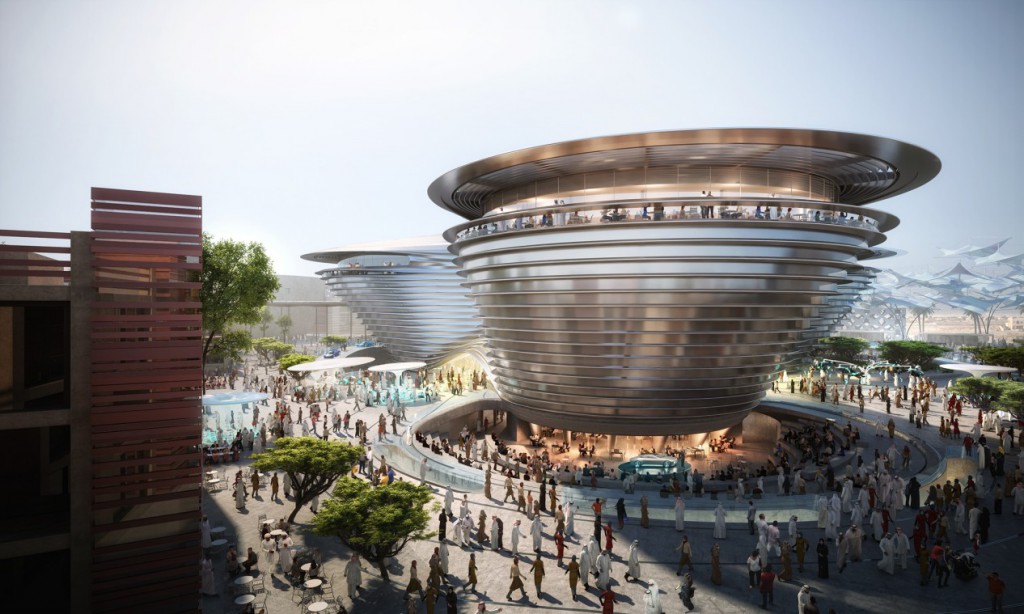
Hydrogen is the most abundant element in the universe. On our planet, it occurs mostly in molecular form as water or as the highly combustible H2 gas. The sun – a great burning mass of hydrogen – sends up to 1,000 W/m2 of annual sur-face irradiance to earth under ideal conditions. While some of that energy is collected and utilized with photovoltaic (PV) panels, their output fluctuates depending on the weather and the time of day. Such fluctuation can be avoided, however, if PV or other renewable energy sources are used to synthesize hydrogen from water through electrolysis.
The latter process, which has been technically well understood for more than two centuries, opens up new possibilities and use cases. Hydrogen is a highly efficient energy carrier. Upon combustion, the only byproduct of this zero-emissions fuel is water, making it an ideal medium for electrification and the substitution of fossil fuels in industrial processes and other applications by way of sector coupling.
Moreover, H2 is very suitable for large-scale storage and can provide fast response for primary frequency reserve service or fuel for mobility. Hydrogen has many other uses and applications, including in the chemical industry, where it is processed into other synthetic products and fuels. In Dubai and other gas-producing states, it can be transported using the existing pipeline infrastructure. Finally, it may be used to fuel gas turbines, which offer the flexibility and fast ramp-up needed to balance volatile renewable generation.
DEWA – a trailblazer for green hydrogen
Seeking to place its energy system and its national economy on a more sustainable footing, the government of Dubai and its state utility DEWA have decided to push ahead with the integration of H2 technology and accelerate the use of renewables in the region. To this end, DEWA and Siemens are building the region’s first solar-driven hydrogen electrolysis facility at Mohammed bin Rashid Al Maktoum (MBR) Solar Park in Dubai.
The facility will test and demonstrate an integrated megawatt-scale plant to produce hydrogen using solar PV, store the gas, and then deploy it for re-electrification, mobility, or other industrial uses. The PV-powered electrolysis plant at the solar park features the Siemens SILYZER 200, including the SIMATIC PCS 7 control system and SINAMICS DCM converters, which uses proton ex-change membrane (PEM) electrolysis to synthesize “green” sustainable hydrogen from renewable energy. Each unit requires 1.25 MWe of electric power to generate 20 kg/hr of H2.
If the plant only uses daylight solar power from PV at the solar park, each unit can produce up to 240 kilograms of hydrogen per day (an average fuel cell electric vehicle requires about 1 kilogram of H2 per 100 kilometers of range, depending on the model, environmental conditions, and other factors). Following the groundbreaking ceremony in February 2019, the electrolyzer is being installed at the MBR Solar Park facility, and, after a test phase, the facility will provide hydrogen energy for mobility purposes at the Expo 2020 Dubai beginning in September 2020.
Expo 2020 to showcase solar H2
This universal exposition offers an ideal platform for showcasing the viability of the technology and exemplifies the fruits of collaboration between Expo 2020 Dubai and its partners, including Siemens, in line with its theme of “Connecting Minds, Creating the Future.”
The SILYZER will be integrated into the overall digital operating system Mindsphere, also supplied by Siemens, which will provide management and control functions and link the entire 4.3-square-kilometer Expo site and its more than 130 buildings. With zero emissions, the solar hydrogen plant shows how green electrification can help decarbonize the economy using a safe and tested technology, advancing the vision of Dubai’s ruler, Sheikh Mohammed bin Rashid Al Maktoum, to generate 75 percent of Dubai’s total power output from clean energy sources by 2050.
DEWA will also use the facility for research and capability building to further develop H2 technologies and encourage research and development efforts in this field in the UAE.
“This pilot project is the first of its kind in the MENA region to produce hydrogen using clean energy. It supports DEWA’s efforts in innovation, research, and development in energy storage and sustainability, which is one of the themes of Expo 2020 Dubai,” says DEWA CEO Saeed Mohammed Al Tayer.
Author
Christopher Findlay
Source
Siemens, press release, 2019-08-20.
Supplier
DEWA Engineering und Anlagenbau GmbH
Siemens AG
Share
Renewable Carbon News – Daily Newsletter
Subscribe to our daily email newsletter – the world's leading newsletter on renewable materials and chemicals










